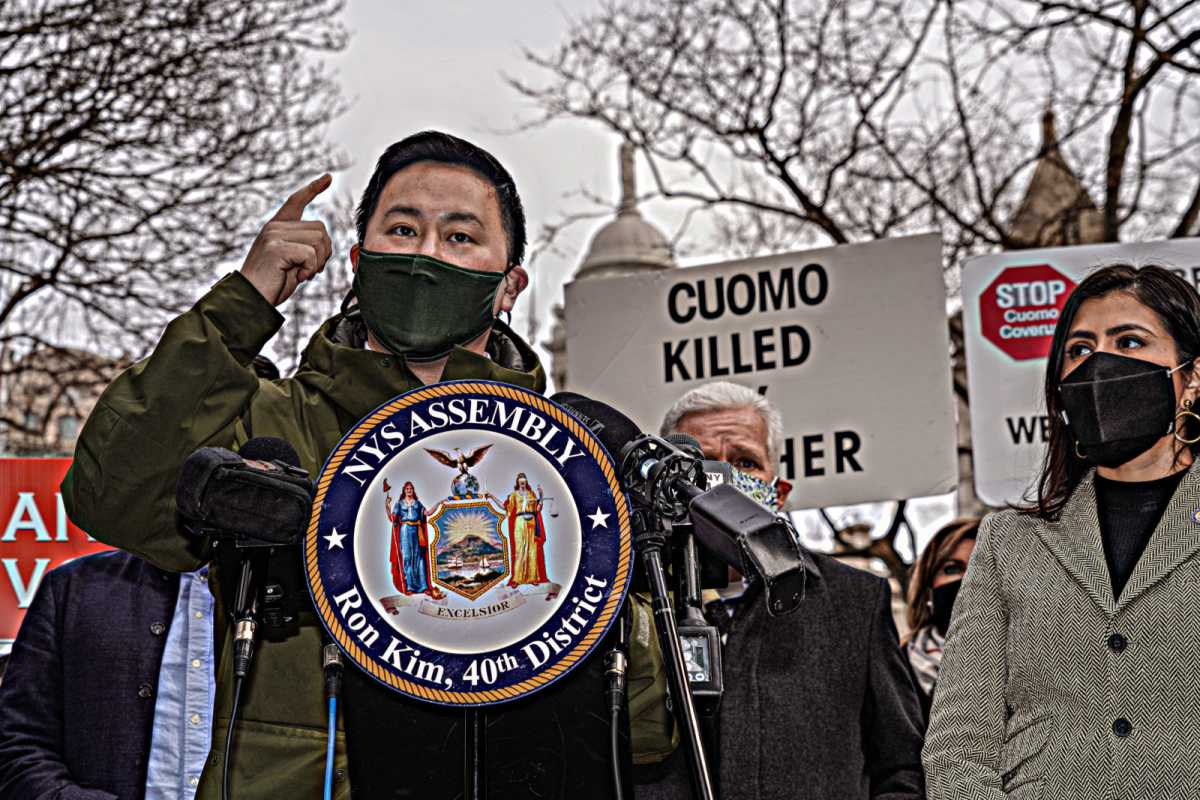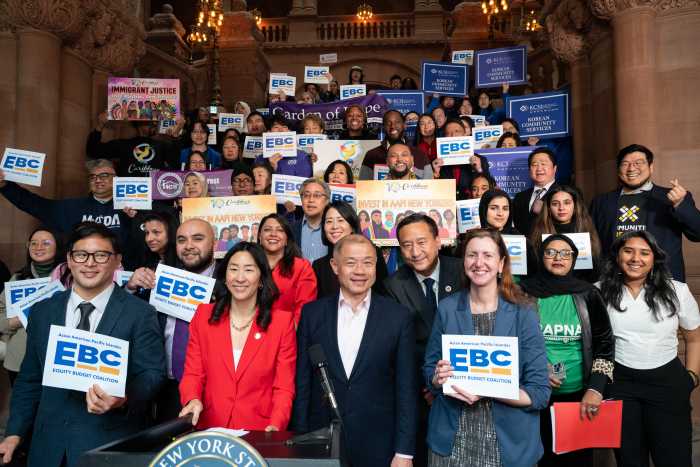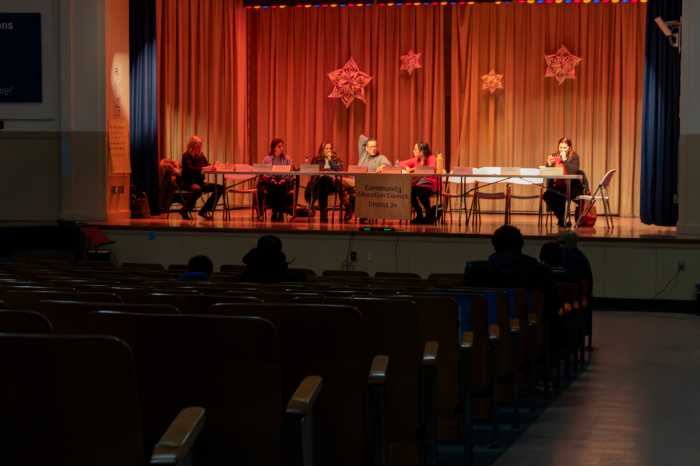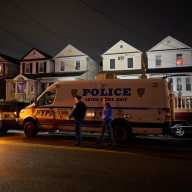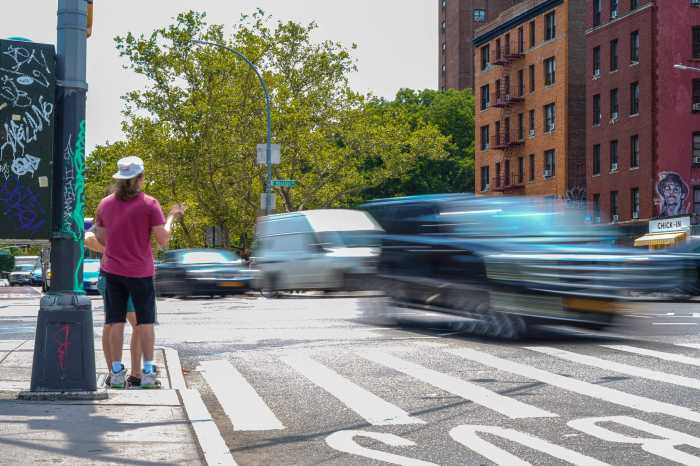State Assemblyman Ron Kim’s legislation to repeal an immunity law shielding nursing homes from lawsuits amid the COVID-19 outbreak was signed into law by Gov. Andrew Cuomo on Tuesday, April 6.
Kim’s bill, which passed by a vote of 149-1 in the Assembly and 63-0 in the Senate, repeals Article 30-D of the Public Health Law (Emergency of Disaster Treatment Protection Act), that was granted by Cuomo at the height of the pandemic in March 2020. The law instituted severe liability standards that essentially insulated nursing homes and their executive leadership from criminal or civil liability. Specifically, liability would only pertain to cases in which gross negligence, reckless misconduct or instances where intentional malfeasance has occurred.
“Finally, after a year of grief, setbacks, frustration and gaslighting by this administration, thousands of families who lost loved ones begin to seek some form of real closure,” Kim said in a statement to QNS. “Although this can never fill the void of losing a family member, it will create a path towards finally holding these for-profit operators accountable for their actions.”
The Enacted Fiscal Year 2022 Budget includes comprehensive nursing home reform legislation to help ensure facilities prioritize patients over profits; establishing minimum thresholds for nursing home spending on direct resident care and staffing; and investing $32 million annually to implement the reforms, while capping profits and performing related party transactions to drive funding to where it matters most, the patients. Excess revenues recouped by the state will be deposited into the existing nursing home quality pool for further investments for nursing homes to meet high quality standards.
According to the governor’s office, now, more than ever, it is important that nursing homes are staffed to provide high-quality care and safety for their residents. These initiatives will have a positive impact on nursing home residents and staff, delivering the quality of care needed for the most vulnerable New Yorkers in a safe environment.
For Kim and his community in particular, the discovery of 29 or more deaths at a Flushing nursing home last year — which he exposed and confronted the city and state on after meeting the daughter of a resident — has been a strong catalyst for taking meaningful action.
Following the passage of the bill, Kim thanked Senator Alessandra Biaggi (D-Bronx) for joining him early in the fight to hold the governor accountable for the nursing home deaths across the state that devastated families who lost their loved ones.
“Her moral clarity and leadership have been vital to our struggle for justice, and she has been a true champion for the countless victims of this tragedy,” Kim said.
In January, Kim had addressed a report released by the state attorney general’s office that revealed nursing home deaths may have been undocumented by as much as 50 percent. According to Kim, the groundbreaking report from the attorney general’s office confirmed what he had publicized last spring — that for-profit nursing home executives “criminally neglected nursing home residents and staff because they were disincentivized to act more responsibly.”
“The governor handed out blanket immunity to corporate executives which cost lives and brought undue pain and suffering. It is a business model soaked in blood,” said Kim, who became embroiled in a very public feud with the governor as he continued to push for accountability.
Although Kim’s bill has been signed into law, he says the fight is not over.
“It is now clear — even as Governor Cuomo is being investigated by the Justice Department, the FBI, and New York Attorney General — that he and his office altered nursing home death statistics, profited from this coverup in the middle of the pandemic, and continues to deny any culpability for his fatal decisions,” Kim said. “I and many others will not stop until the full truth is uncovered.”

